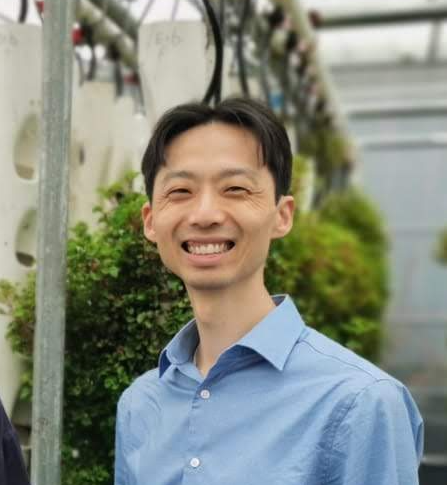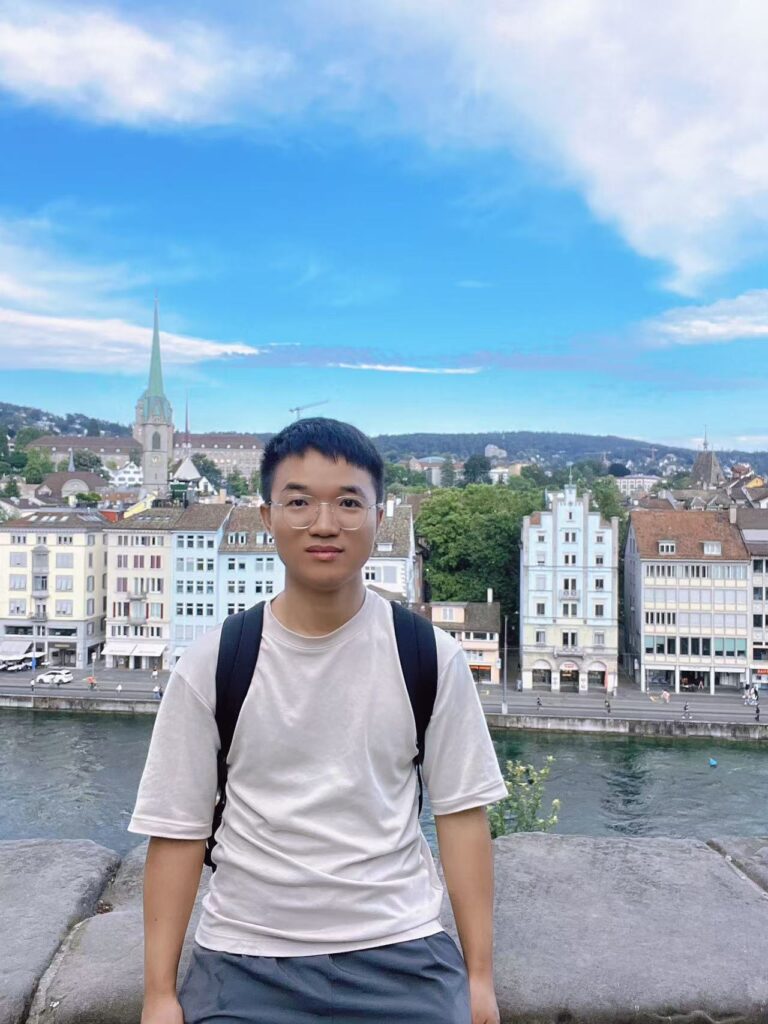TechTalk – More is Less: Dynamic Sparse Processing in the Era of Sustainable AI
June 19, 2025 (Thursday) 4:30-5:30pm
With modern AI seemingly transforming all aspects of our modern society like magic, it is easy to forget the impacts such modern technology marvel is causing to our fragile environment. From massive industry-scale training of large neural networks of epic sizes, to the proliferation of folding AI inference in our everyday activities, AI applications are rapidly increasing the stress to our global energy and water infrastructure. The coming era of AI demands not only the smartest AI models, but also a new generation of sustainable AI mindset that rethinks the when and how to apply AI intelligence.
In this talk, Professor So will discuss one angle that addresses the “how” question with intelligent algorithm-architecture co-designed systems that reduce both energy consumption and computing latency using dynamic sparse processing. Sharing the same “more is less” principle, a series of works from a dynamic sparse processing system for event cameras to token-steering in modern diffusion models will be discussed. Together, these works illustrate that by doing a little bit more upfront intelligently, it is possible to drastically reduce the amount of work necessary to perform the same AI inference operation during run time without affecting the accuracy of a model. The results are solutions that not only are fast, but they are also orders of magnitude more energy-efficient than typical GPU-accelerated systems.










